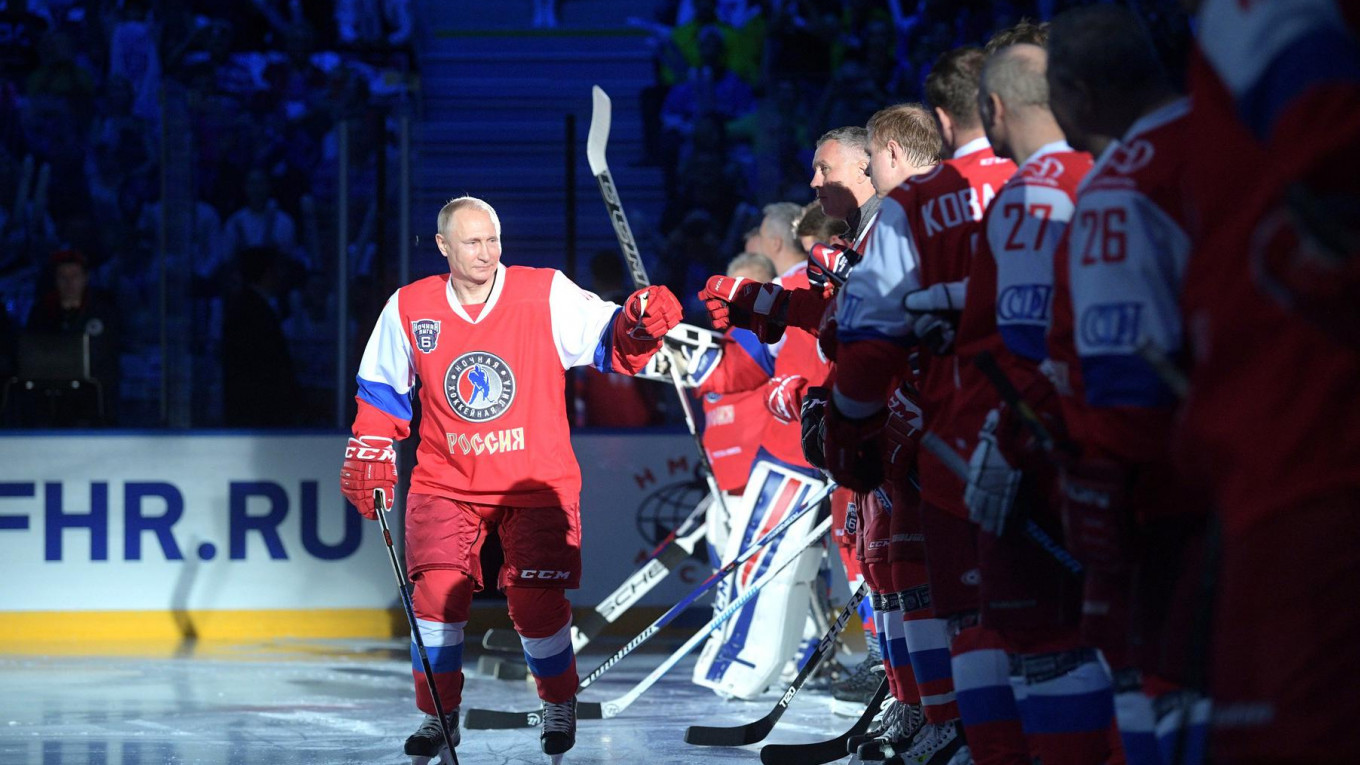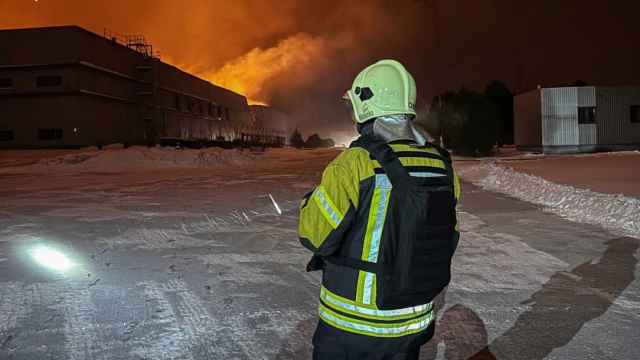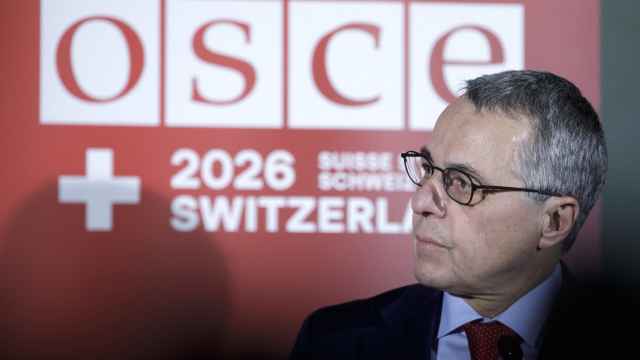Vladimir Putin issued a 27-page executive order on Thursday instructing the federal government to devise new mechanisms to rein in online media and limit Internet users’ anonymity.
Titled “Development Strategies for Russian Information Society from 2017 to 2030,” the president is giving the government six months to reform its strategy for policing “means of providing access to information that are similar to the mass media.” The executive order argues that new measures are necessary to ensure the quality and reliability of information provided to the public.
Putin’s order specifies that the new policing mechanisms should apply to Internet television networks, news aggregators, social networks, and instant messengers, as well as “any websites.” The president offered no details about how these media should be regulated further, but his order stresses that the state should offer additional support to traditional media like television, radio, print newspapers, and libraries.
Currently, the official news media in Russia faces some restrictions that do not apply to many online outlets. For example, a court can revoke a news organization’s operating license, if it receives two warnings from Roskomnadzor, Russia’s federal censor. Foreigners are also banned by law from owning more than 20 percent of any Russian news company.
As the newspaper Vedomosti points out, Putin’s development strategies demand new strategic planning by the government, but not necessarily new legislative initiatives. One way or another, existing laws already regulate the Internet media in ways described in Putin’s order.
For example, any website, social network, or instant messenger today can be classified as an “information-dissemination organizer,” added to a federal registry, and forced to store all user data in Russia and share the information with local law enforcement. Beginning next year, these online services will need to store massive archives of user data, as well.
The executive order also contains language calling for the a new “system of trust” to guarantee Internet users’ personal data and “eliminate the anonymity and impunity of Internet users who violate the law.”
In April, State Duma deputy Vitaly Milonov, the man who spearheaded Russia’s ban on “gay propaganda,” introduced draft legislation that would ban anonymity online and prohibit children under 14 from registering on social networks.
A Message from The Moscow Times:
Dear readers,
We are facing unprecedented challenges. Russia's Prosecutor General's Office has designated The Moscow Times as an "undesirable" organization, criminalizing our work and putting our staff at risk of prosecution. This follows our earlier unjust labeling as a "foreign agent."
These actions are direct attempts to silence independent journalism in Russia. The authorities claim our work "discredits the decisions of the Russian leadership." We see things differently: we strive to provide accurate, unbiased reporting on Russia.
We, the journalists of The Moscow Times, refuse to be silenced. But to continue our work, we need your help.
Your support, no matter how small, makes a world of difference. If you can, please support us monthly starting from just $2. It's quick to set up, and every contribution makes a significant impact.
By supporting The Moscow Times, you're defending open, independent journalism in the face of repression. Thank you for standing with us.
Remind me later.






